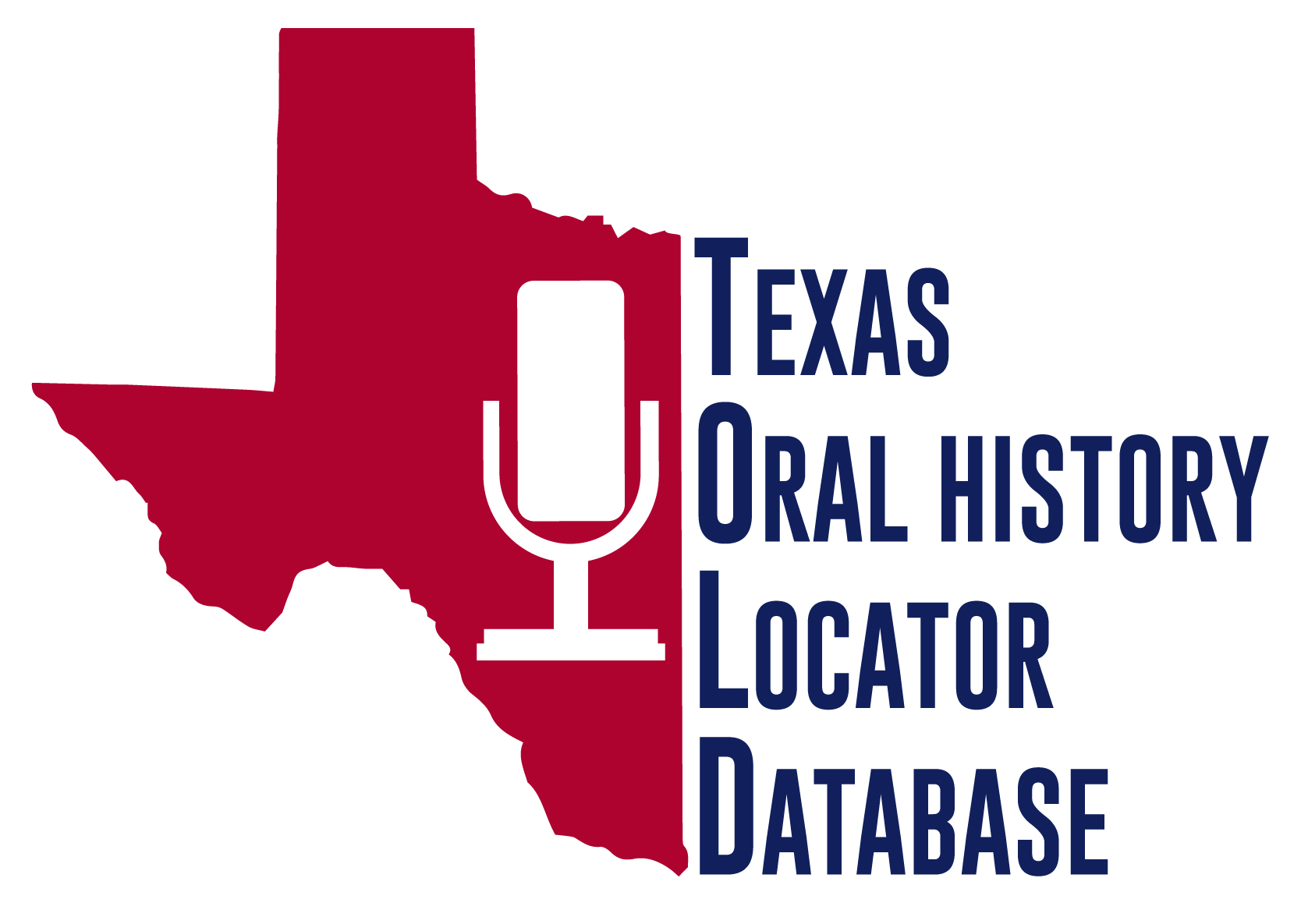Texas Oral History Association, Baylor University Libraries Launch Initiative to Locate, Make Accessible State’s Collections of Oral Memoirs

WACO, Texas -- A new statewide initiative of the Texas Oral History Association (TOHA) and the Baylor University Institute for Oral History (BUIOH) seeks to create a publicly-accessible listing of all known oral history collections in Texas thanks to a new project called the Texas Oral History Locator Database, or TOLD.
Tens of thousands of interviews on various historical topics are currently scattered across the State of Texas, but just where they can be found and what content they possess largely remain a mystery to all but the most diligent of researchers. The goal of the TOLD project is to identify as many of these collections as possible and to provide a free searchable platform on which to discover them. Collection holders interested in participating can fill out a brief survey at toha.web.baylor.edu/told.
The idea that would become the TOLD project began with Steven Sielaff, who serves as both the collection manager for BUIOH and editor-in-chief of Sound Historian, the annual publication of TOHA. “I first encountered the idea of a statewide database for oral history when I reviewed the Pass the Word website for the Oral History Review,” Sielaff said. “This was a multi-decade effort by the Kentucky Historical Society to first gather information on oral history holdings and then build a platform that researchers could use as a first step in finding relevant materials. Since writing that review, I have contemplated what a similar effort in Texas would not only look like but also if I could possibly accelerate the timetable from the harvesting of data to public consumption. I’m happy to report that TOLD is certainly up for that task.”
TOLD relies on elements of Microsoft’s suite of products, namely its Forms survey software, SharePoint management and storage system, and Power BI data reporting and visualization suite to first capture data supplied by collection managers across the state and then import it into a database framework that allows users to apply filters and search text. This suite of products met our initial technology goals, which were to create a searchable database that can be quickly developed and easily maintained and provides a high level of data security.
Phase One of the TOLD survey (containing broad questions aimed at describing the size, status, and access policies of collections) was released in on May 2, and distributing the survey far and wide enough to capture the attention of every potential stakeholder in a state the size of Texas was no mean feat.
“Texas has 254 counties, and the vast majority have some form of historical commission or history museum,” said Eric Ames, assistant director of Marketing and Communications with the Baylor Libraries. “We created a detailed list of those institutions – and more – in the hope that we will reach as many oral history collection holders across the state as possible.”
As the data rolls in, only a brief quality assurance check is needed before it joins the other collections in the database. After Phase One has had its chance to fill the platform with content, all previous participants will receive the Phase Two survey link in the fall of 2022. This phase is focused on further description of individual projects found in the discovered collections, such as general category tags, timeframes, and interviewee names. Each additional piece of data will then become another possible doorway into the searchable collection for researchers. The Phase Two survey will also be repeatable, so no matter the total number of projects in a collection, they can all be described over time at the manager’s discretion.
“I wanted TOLD not to force these collection managers who are volunteering their precious time to redescribe every interview in their archive, but rather to enumerate the special qualities of their oral history projects,” Sielaff states. “This way researchers can first find their collections in TOLD, but then be transferred via URL or email link to the archive in question to further investigate or inquire as to their availability. Ultimately, TOLD is all about visibility and access, especially for those collections that might not already have an online presence.”
For more information on TOLD, visit toha.web.baylor.edu/told.